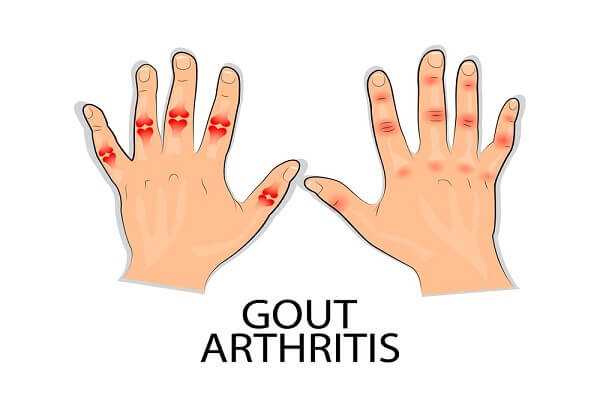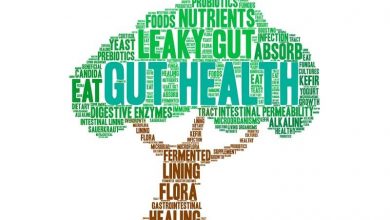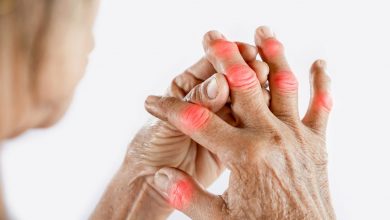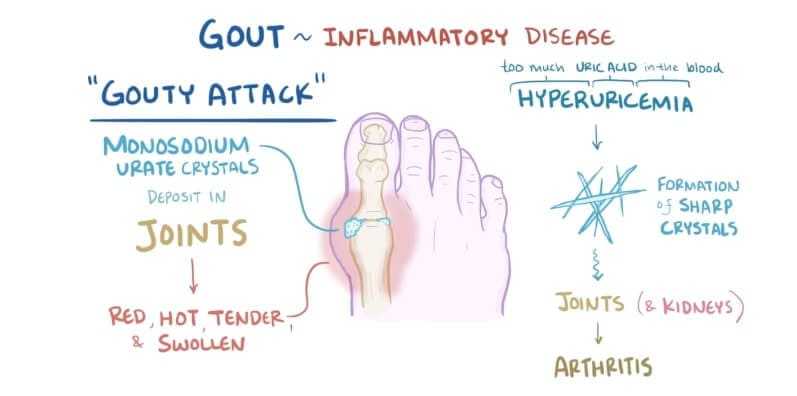The Natural Approach to Gout
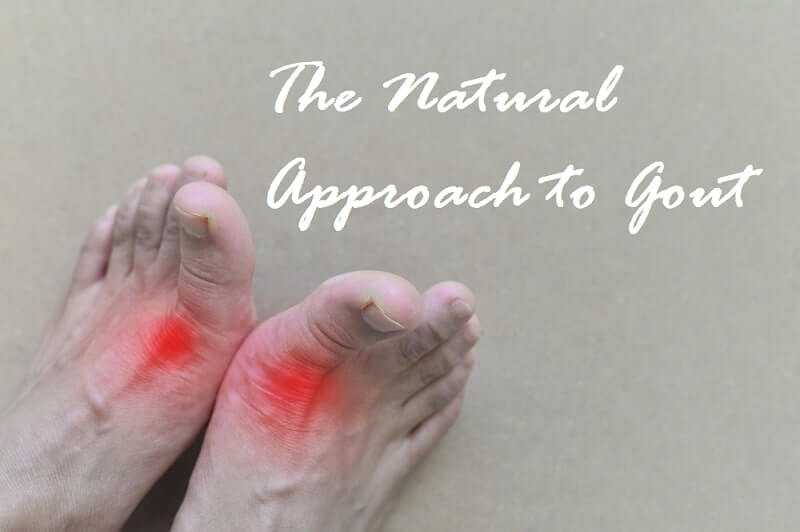
In concept, the natural approach to chronic gout does not differ substantially from the standard medical approach. However, rather than using drugs to keep uric acid levels within the norm, natural measures are employed. Foremost in the natural approach is diet. The dietary treatment of gout involves the following guidelines:

- Elimination of alcohol intake
- Low-purine diet
- Achievement of ideal body weight
- Liberal consumption of complex carbohydrates
- Low fat intake Low protein intake
- Liberal fluid intake
- Increased consumption of flavonoids
Alcohol
Alcohol increases uric acid production. It reduces uric acid excretion by increasing lactate production (a result of the breakdown of alcohol), which impairs kidney function. The net effect is a significant increase in serum uric acid levels— that is, the levels of uric acid in the blood. This explains why alcohol consumption is often a precipitating factor in acute attacks of gout. For many individuals, elimination of alcohol is all that is needed to reduce uric acid levels and prevent gout.
Low-Purine Diet
A low-purine diet has been the mainstay of the dietary therapy for gout for many years. Foods with high purine levels should be entirely omitted. These include organ meat, meat, shellfish, yeast (brewer’s and baker’s), herring, sardines, mackerel, and anchovies.
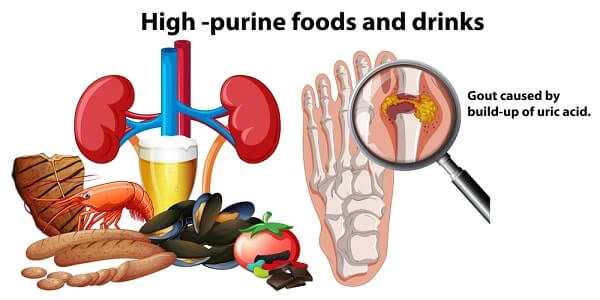
Weight Reduction
Individuals with gout are typically obese, prone to high blood pressure and diabetes, and are at a greater risk for cardiovascular disease. Weight reduction of obese individuals significantly reduces serum uric acid levels. Achieving ideal body weight may be the most important dietary goal in gout treatment.
Carbohydrates, Fats, and Protein
Refined carbohydrates and saturated fats should be kept to a minimum. The former increase uric acid production; the latter decrease uric acid excretion. Protein intake should not be excessive—it has been shown that uric acid synthesis may be accelerated in both normal and gouty patients by a high protein intake.
Fluid Intake
Liberal fluid intake keeps the urine dilute and promotes the excretion of uric acid. Furthermore, dilution of the urine reduces the risk of kidney stones.
Flavonoids
Consuming the equivalent of 1/2 pound of fresh cherries per day has been shown to be very effective in lowering uric acid levels and preventing attacks of gout. Cherries, hawthorn berries, blueberries, and other dark red-blue berries are rich sources of anthocyanidins and proanthocyanidins. These flavonoid compounds are what give these fruits their deep red-blue color. They are also the compounds that make these fruits remarkable in their ability to prevent destruction of joint structures.
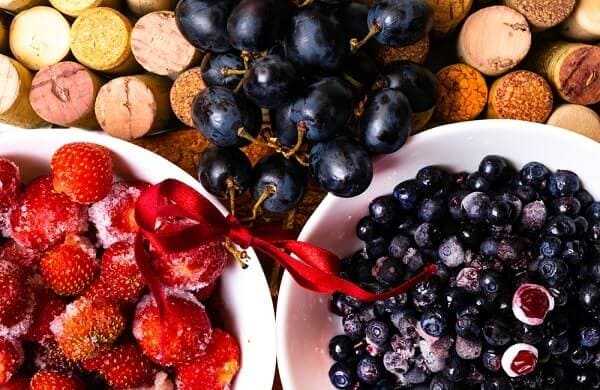
Nutritional Supplements in the Treatment of Gout
Since diet alone is effective in treating most cases of gout, specific nutritional supplements for gout are usually not necessary. In fact, high doses of vitamin C or niacin may actually raise uric acid levels. A general recommendation for sufferers of gout is to simply take a quality multiple-vitamin, multiple-mineral formula that provides 100% of the RDAs. If additional nutritional support is needed, quercetin, omega-3 oils, and folic acid can be used.
Quercetin
The flavonoid quercetin has demonstrated several effects in experimental studies -that indicate its possible benefit to individuals with gout, Quercetin inhibits uric acid production in a similar fashion to the drug allopurinol. In addition, quercetin inhibits the manufacture and release of inflammatory compounds. Quercetin is widely found in fruits and vegetables. In the treatment of gout, nutritional supplementation can provide higher amounts than diet alone. For best results, 200 to 400 milligrams of quercetin should be taken with bromelain between meals, three times daily. Bromelain may help enhance the absorption of quercetin as well as exert antiinflammatory effects of its own.
Omega-3 Oils
Omega-3 oils, like flaxseed oil and fish oils, limit the production of compounds known as leukotrienes, which are the major mediators of inflammation and tissue damage in gout. The same recommendations given for the treatment of rheumatoid arthritis are appropriate in the treatment of gout.
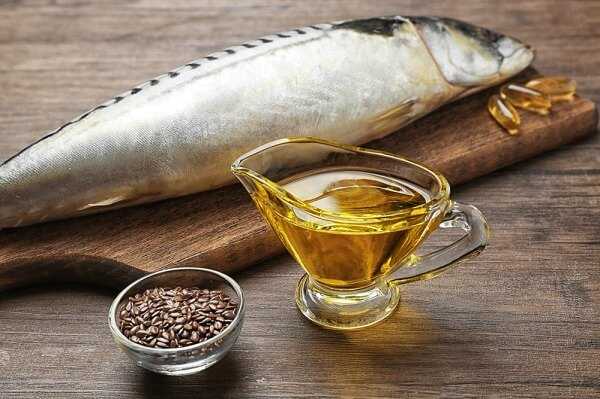
Folic Acid
Folic acid has been shown to inhibit xanthine oxidase, the enzyme responsible for producing uric acid. In fact, research has demonstrated that a derivative of folic acid is an even greater inhibitor of xanthinoxidase than allopurinol, suggesting that folic acid at pharmacological doses may be an effective treatment in gout. Positive results in the treatment of gout have been reported, but the data are incomplete and the accompanying research was without adequate controls. The dosage of folic acid required is in the range of 10 to 40 milligrams per day.
Folic acid has been used at these high dosages with no reported toxicity and is certainly safer than current drugs used in treating gout. However, there have been reports of highdose folic acid interfering with some drugs used to treat epilepsy. High doses of folic acid may also mask the symptoms of a vitamin B12 deficiency. Because of these concerns, undertake folic acid therapy only under the supervision of a physician.
Plant-Based Medicines in Gout Treatment
Plant-based medicines are usually not necessary in the treatment of gout. However, in the initial stages of dietary therapy, clinical research in Europe appears to indicate that devil’s claw maybe of benefit. In addition to relieving joint pain, clinical trials found that devil’s claw reduced serum cholesterol and uric acid levels.

Saturnine Gout
Lead toxicity can cause a secondary type of gout, sometimes called saturnine gout. Historically, saturnine gout was due to the consumption of alcoholic beverages stored in containers containing lead (for example, lead crystal). This is still a concern, but nowadays lead contamination from the environment (water, air, food, and so on) is a bigger problem. In the United States alone, lead from industrial sources and leaded gasoline contribute more than 600,000 tons of lead, which is dumped into the atmosphere to be inhaled or—after being deposited on food crops, in fresh water, or soil— to be ingested. Hair mineral analysis is a good screening test for lead toxicity. I recommend it be performed in any patient suffering from gout. If lead is the source of the problem, particular foods and nutrients can help “get the lead out.” These include artichokes, beets, carrots, dandelion, cabbage-family vegetables, whole grains, legumes, vitamin C, zinc, choline, methionine, cysteine, and flavonoids.

